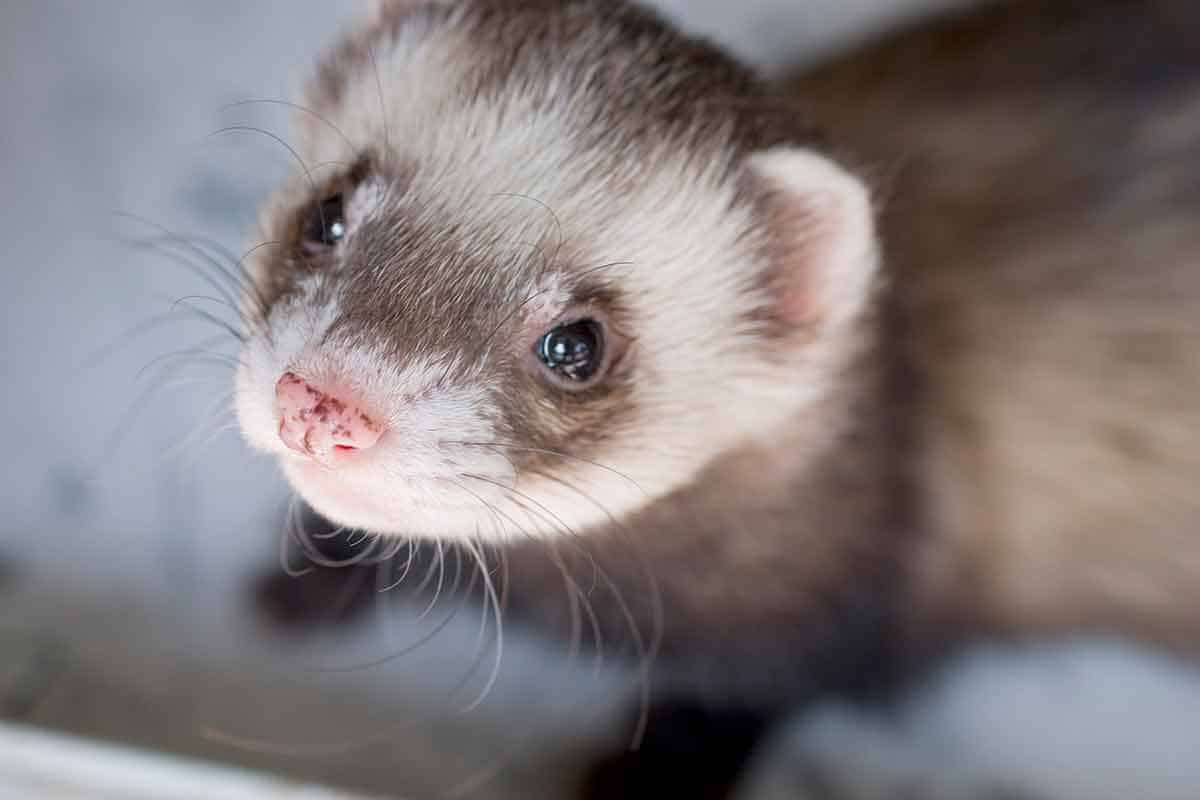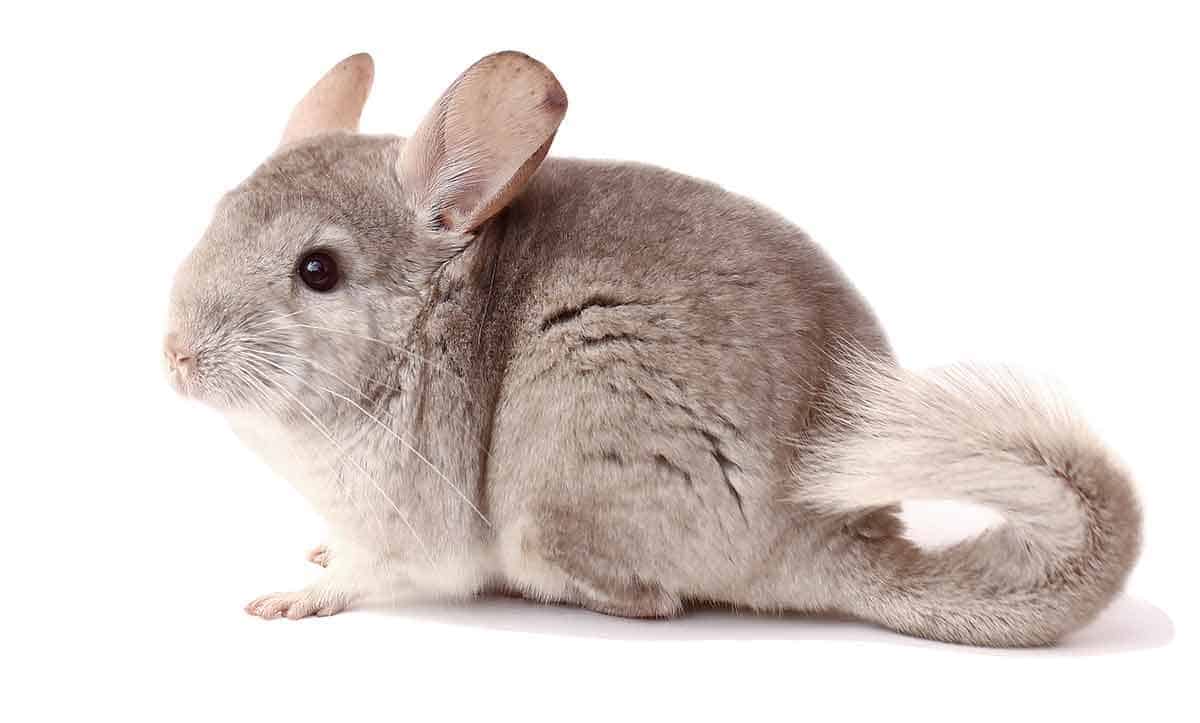Small Animals, Exotics & Pocket Pets

Ferrets, chinchillas, and rabbits, oh my! Redstone Veterinary Hospital knows that pets come in all shapes and sizes, and we are happy to treat all of them.
Ferrets
Scientifically named Mustela Purorious Furo, or “little smelly thief,” ferrets were originally used for pest control and hunting rabbits. With lifespans averaging five to seven years and litterbox trainable, ferrets are kept both as indoor and outdoor pets.
A meat-based protein diet that is highly digestible is best, while limiting carbohydrates such as fruits and vegetables. Because of their fast digestive system, ferrets will often eat several small meals throughout the day, often storing food and snacks for later. While whole-prey diets are best, a raw carnivore diet consisting of quality freeze-dried food can also be used.
While cages can be used to house ferrets, they need to be well ventilated and adequately sized. Ferrets are nocturnal by nature, but they will often adjust easily to your schedule. It is important to provide your pet playtime outside of the cage. This can be in a ferret-safe location within your house or in “pen.”
Chinchillas

Closely related to guinea pigs and porcupines, chinchillas were originally bred for their pelts before becoming household pets. With a lifespan of eight to ten years, they are friendly, clean, and mostly odorless animals that make good pets for homes that don’t have small children due to their hyperactivity.
Chinchilla pellet food is available and best; however, if not available, rabbit or guinea pig pellet food is also acceptable. Often eating with their hands and “throwing” pellets, they can be messy eaters. Timothy or other grass hay can be fed in addition to pellets, but alfalfa hay should be avoided. Dried fruits, nuts, raisons, carrots, and green vegetables all make tasty treats.
Cages should be well ventilated, adequately sized, dry, and cool. Chinchillas also require weekly “dust baths” in order to keep their coats clean. They do not do well when housed together, especially two or more females.
Rabbits

Quiet, friendly animals with life spans ranging from seven to ten year, rabbits make good family pets. Similar to dogs or cats, rabbits should not be regularly caged, and instead should be able to roam in safe areas in order to get enough exercise. They will chew on items left on the ground, so it is important to keep things up off the floor. Like cats, they can be litterbox trained.
Rabbits have three important parts to their diets. Commercial rabbit pellets are the smallest portion, only 10-20% of a healthy rabbit diet. Grass hay is one of the most important parts of the pet rabbits diet and should be available for the rabbit in its cage at all times. The last part of a healthy rabbit diet is actually produced by the rabbit themselves. Cecotropes are organisms packed with nutrients such as amino acids, fatty acids, and a variety of vitamins.
